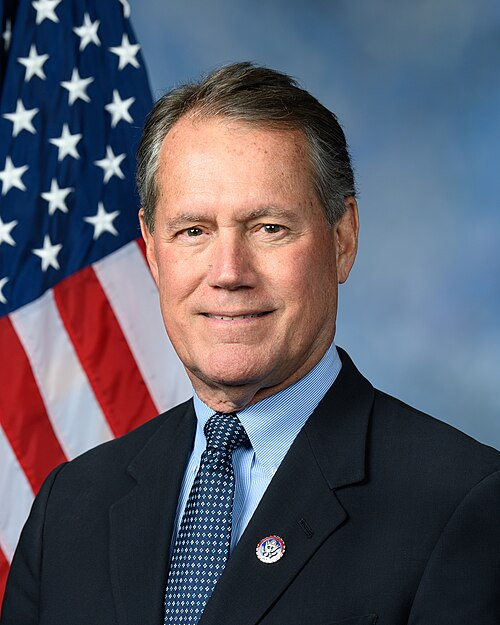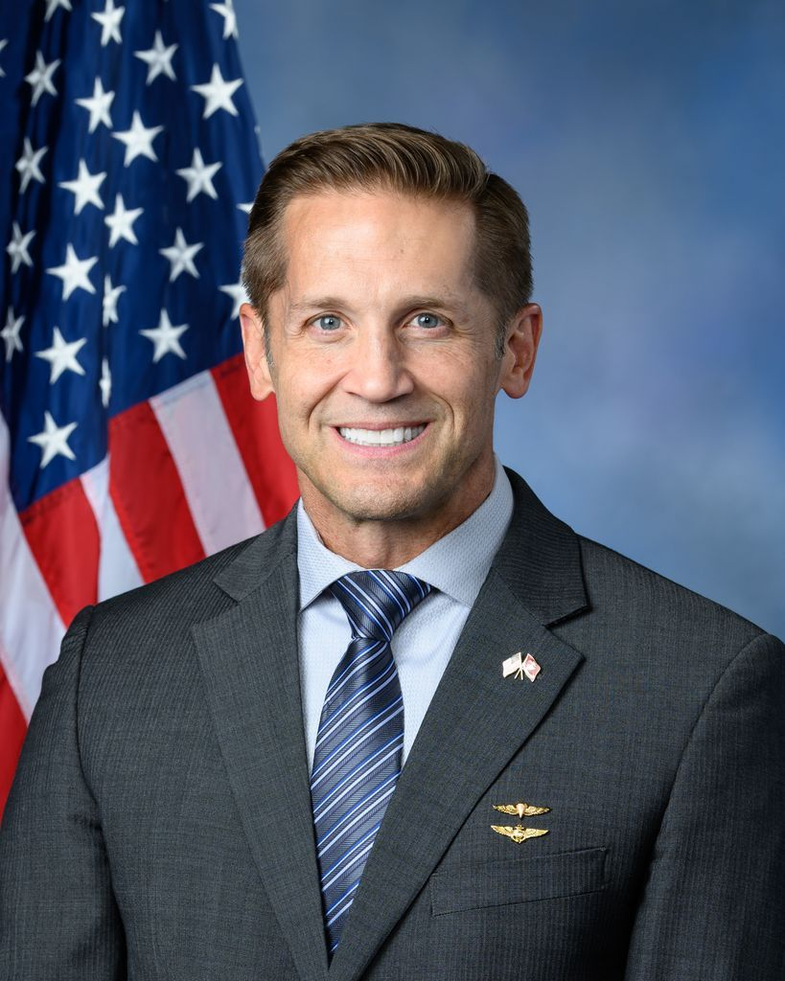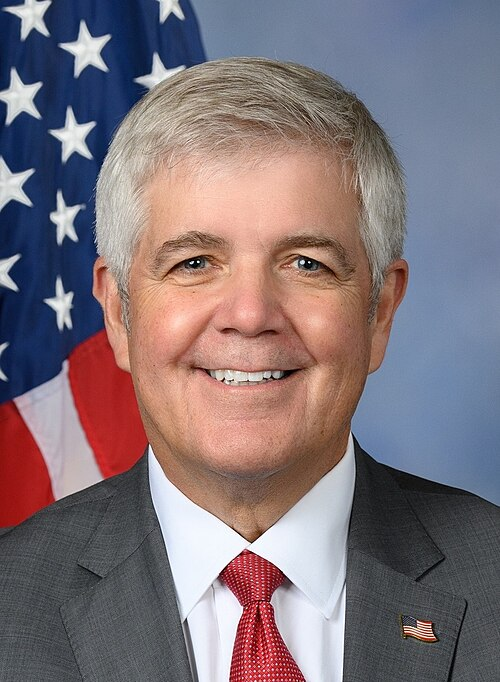H.R. 5226: Deceptive Downsizing Prohibition Act of 2025
This bill, titled the Deceptive Downsizing Prohibition Act of 2025, aims to address the practice of "deceptive downsizing" by manufacturers of consumer products. Here’s a breakdown of the key points:
Purpose
The primary purpose of the bill is to prohibit manufacturers from selling consumer products that have been reduced in size while still using packaging that resembles the packaging of the original, larger product. This aims to protect consumers from potentially deceptive practices that could mislead them regarding the actual size and value of a product.
Findings
The bill begins by outlining several findings:
- Manufacturers are reducing the size of products, such as food items, but continue using the same packaging designed for the larger versions.
- This practice can harm consumers financially by reducing their purchasing power.
- Many consumers may not realize that product sizes have changed until after they have made a purchase.
- The trend toward downsizing without a corresponding price decrease has contributed to inflation.
- It is essential for the government, particularly the Federal Trade Commission (FTC), to protect consumers from unfair practices.
Definitions
The bill provides specific definitions for terms used, including:
- Commission: Refers to the Federal Trade Commission.
- Consumer product: Defined in accordance with existing consumer protection laws.
- Deceptive downsizing: Refers to the practice of selling a smaller version of a product in packaging similar to that used for the larger product.
- Larger size: A product that is greater in volume, weight, or quantity than a smaller version.
- Reduced size: Refers to any decrease in the volume, weight, or quantity of a product compared to a previously larger version.
Prohibition on Deceptive Downsizing
The bill explicitly prohibits manufacturers from engaging in deceptive downsizing practices. If a product has been downsized, the manufacturer cannot use the same packaging as the larger version without proper disclosure.
Safe Harbor Provision
There is a safe harbor provision which states that manufacturers will not be liable for deceptive downsizing violations if they:
- Clearly indicate on the product's packaging that it is of reduced size.
- Provide a notice that is clear, conspicuous, and understandable, stating both the larger and reduced sizes of the product.
Regulations and Enforcement
The bill grants the Federal Trade Commission authority to create necessary regulations to enforce this law. Any violations of this law would also be considered violations of existing laws regarding unfair or deceptive practices.
The FTC would have the same enforcement powers under this bill as it does under other consumer protection laws.
Relevant Companies
- PG (Procter & Gamble): As a major consumer goods manufacturer, they may be affected by the requirement to change packaging and labeling for downsized products.
- KO (Coca-Cola): They produce various beverages and may need to adjust product packaging and labeling if they decrease the volume of their drinks.
- PEP (PepsiCo): Similar to Coca-Cola, any changes in their product sizes could lead to compliance with new labeling requirements.
This is an AI-generated summary of the bill text. There may be mistakes.
Sponsors
7 bill sponsors
Actions
2 actions
| Date | Action |
|---|---|
| Sep. 09, 2025 | Introduced in House |
| Sep. 09, 2025 | Referred to the House Committee on Energy and Commerce. |
Corporate Lobbying
0 companies lobbying
None found.
* Note that there can be significant delays in lobbying disclosures, and our data may be incomplete.















































